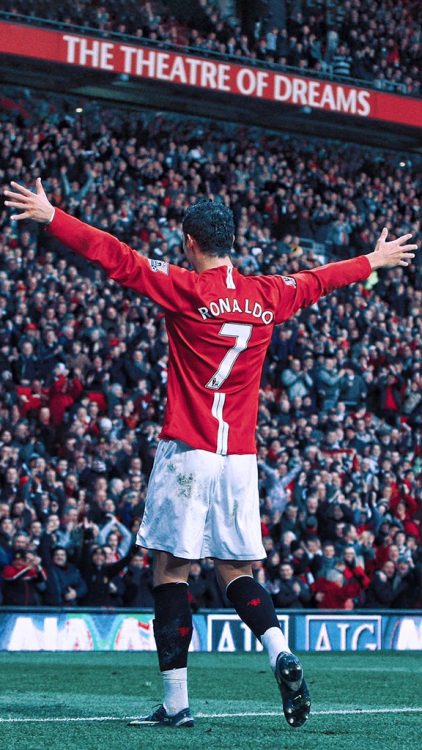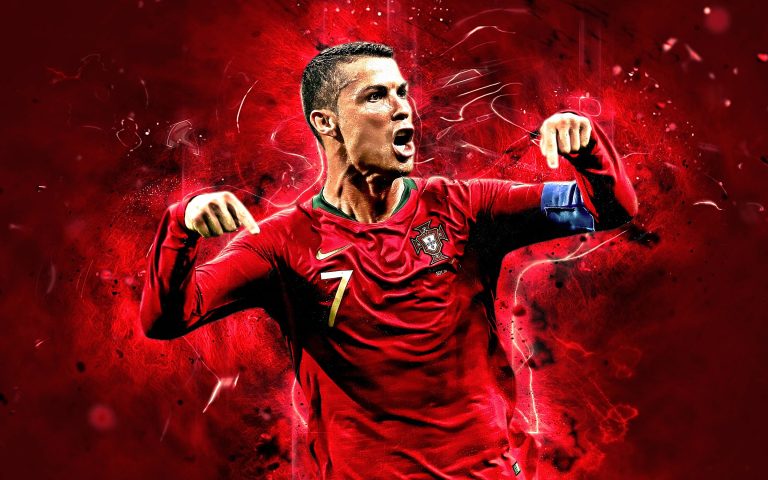Cristiano Ronaldo and Coca-Cola: A Case of Water over Sugar

Cristiano Ronaldo’s public disapproval of Coca-Cola during a Euro 2020 press conference sparked a global conversation. While headlines often sensationalized his actions as “hating” the brand, the reality is more nuanced. Here’s a deeper look at the reasons behind his gesture:

1. Health and Performance Focus:
Maintaining peak physical condition: Ronaldo is renowned for his dedication to fitness and low body fat percentage. Sugary drinks like Coca-Cola are high in calories and can hinder his performance by causing blood sugar spikes and crashes.
Hydration is key: Athletes like Ronaldo prioritize water for optimal hydration. Water regulates body temperature, transports nutrients, and aids in recovery, which is crucial for maintaining peak performance.
2. Advocating for a Healthy Lifestyle:
Role model influence: As a global icon, Ronaldo understands his impact on millions, especially young people. By promoting water consumption, he encourages healthier beverage choices.
Combating childhood obesity: Sugary drinks are linked to various health concerns, including obesity and diabetes. Ronaldo’s message resonates with ongoing efforts to promote healthy habits among children.
3. Marketing and Endorsement Strategies:
Personal brand alignment: Cristiano Ronaldo has built his brand around self-discipline and a commitment to excellence. Publicly advocating for sugary drinks wouldn’t align with his carefully crafted image.
Alternative sponsorships: Ronaldo has endorsement deals with health and fitness-oriented brands, further emphasizing his focus on maintaining peak physical condition.
4. Public Perception and Image Management:
Setting an example: By removing the Coca-Cola bottles, Cristiano Ronaldo sent a strong message about prioritizing water for optimal health and performance.
Controlling the narrative: Ronaldo is conscious of how his actions are perceived as a public figure. This gesture allowed him to promote healthy habits while subtly influencing his audience.
5. The Sponsorship Landscape and Athlete Autonomy:
Limited control over sponsors: Athletes often have little say in the official sponsors of tournaments or teams.
Individual choices: Despite sponsorships, athletes can still make personal choices regarding their beverage consumption. Ronaldo’s act highlighted this autonomy.
Additional Considerations :
Media Portrayal: While some reports portrayed this as a personal vendetta against Coca-Cola, focusing on the underlying message of promoting water consumption is crucial.
Financial Implications: This incident did not significantly impact Coca-Cola’s finances. However, it did spark discussions about the influence of athletes in shaping public health conversations.
Industry Response: The beverage industry increasingly offers sugar-free alternatives, acknowledging the growing demand for healthier drink options.




